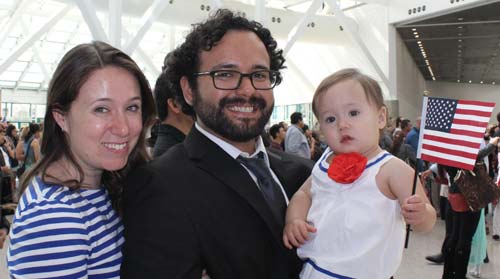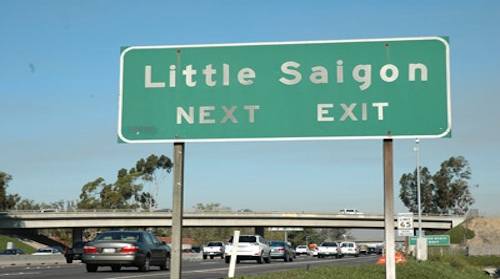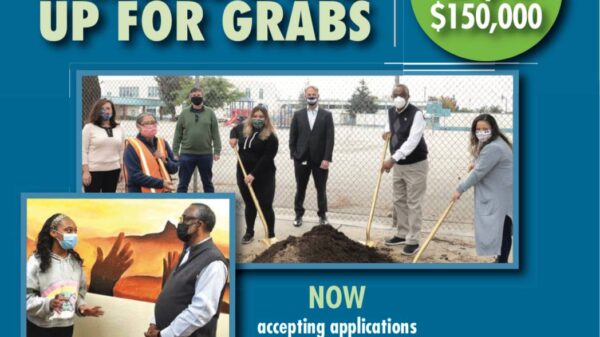Trump’s rhetoric of ‘merit’ erases immigrant accomplishments and systemic injustices
Magazine, Immigration, The Guardian,Opinion
The Trump administration’s determination to revamp the American immigration system appears to be boundless. From its proposed redefinition of which public benefits immigrants can use without being labeled a “public charge” to its steep reduction in the US’s refugee ceiling to its sudden withdrawal of legal status for immigrants from countries like Haiti and El Salvador to Donald Trump’s recent flirtation with ending birthright citizenship, the administration appears willing to stretch, change or even break US laws en route to an ill-defined effort to remake American immigration around a “merit-based” approach.
At an intuitive level, its strategy makes sense. If you think of the US as a sandlot squad competing to outshine other nations in a never-ending, all-encompassing, resource-scarce Olympics, then sure, we clearly ought to treat immigration like a competitive draft. If we want to win, if we want to beat the other countries, presumably we want to vet potential new US immigrants – our new “players” – carefully. In this view, we should obviously use our immigration system to filter in only the best free throw shooters, the most beautiful models, the richest moneylenders, the cleverest scientists, etc.
While it’s tautologically hard to argue against “merit” – the word is its own defense – native-born Americans ought to be careful about thinking this way about immigration.
That’s because athletic teams aren’t just ruthless in their decisions about new players. They’re also ruthless about ensuring that they don’t carry longstanding team members that drag down the squad. In other words, if we’re going to apply a merit-based logic to potential new Americans, perhaps we need to apply the same filter to the native-born?
Amid our widening income, asset and regional inequalities, many Americans find themselves struggling to put together stable families and prosperous careers. Many rely on public programs of some sort to help them continue their educations, get healthcare, buy homes or feed their families.
This isn’t a secret. The administration’s justification of its recent effort to force immigrant families to choose between using social programs and retaining their legal status noted that US citizens without a high school diploma were more likely to rely on public benefits than immigrants without a high school diploma. For high school graduates, immigrants were slightly more likely than US citizens to use Medicaid, and slightly less likely to be on food stamps.










